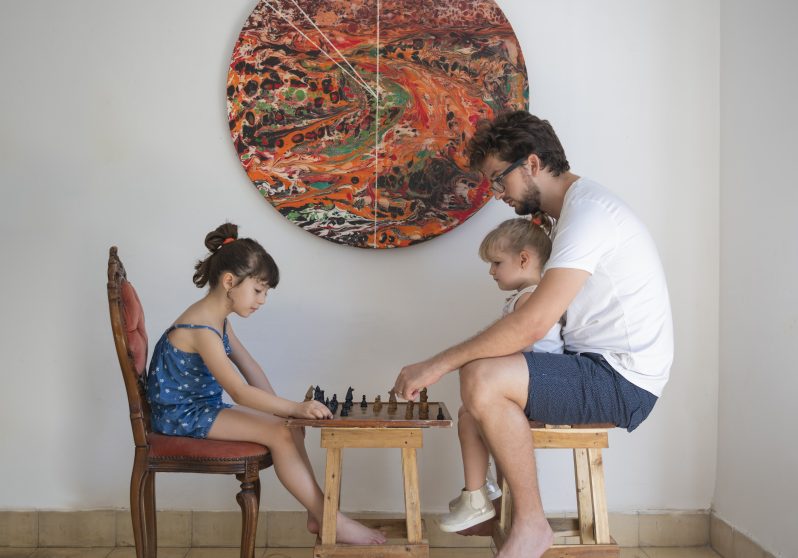|
Maybe, this is the price of believing that we were invincible. Perhaps, it was a mistake to think that something happening on the other side of the planet was not going to affect us. For the first time we are together in this, we share our sorrows and our joys together. There are more things that unite us than those that differentiate us.
It is also curious that chaos is taking over the world. The crisis is collective, those places that seemed impenetrable, have material and economic insufficiencies now. In Cuba, that crisis is accentuated by the pandemic, but somehow, we are used to live through crises. The long lines and the empty shelves at supermarkets are a reality that is no longer just ours; reports of a lack of supplies can be seen on all the tv stations in the world.
The art residences, exhibitions and projects that I had on 2020 have been rescheduled. Not knowing the future gives you the skill to focus only on the present. Wanting to survive, being a survivor, is a state of mind which pulls down the curtain of the unnecessary and inevitably it fades. Then you understand that the essential things were always there. When all this is over, I think the great teaching will have been to understand that we live in a world from the inside out, full of interconnections and that within that great network having each other is enough. The resulting humanity after Covid-19 will be able to do more with less, I hope.
In my experience, the fundamental changes brought out by the Coronavirus has been the isolation. We have been deprived of all physical interaction to turn fully to cellphones and digital platforms. On the web there are not only the hopes of reaching each other but also more than ever, the fears and insecurities of everyone. This will certainly change todays paradigms even more for the future. Or by the contrary, after the quarantine is over, we will appreciate more the necessary hugs of a friend than the hysterical search for a like on Facebook.
Our collective reality is a call for transformation. When all this ends, I hope that art shapes itself into the axis of change. Art must become the lever that moves the world to rebuild itself from better paradigms than the previous ones.
Rafael Villares
IG: @estudioradaelvillares |

